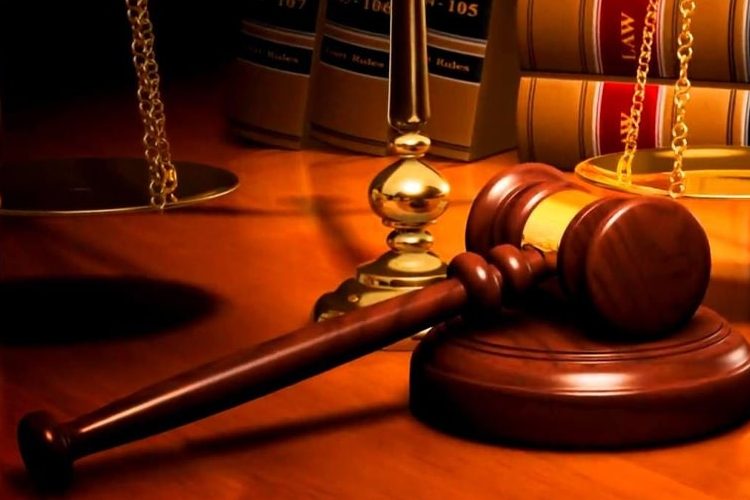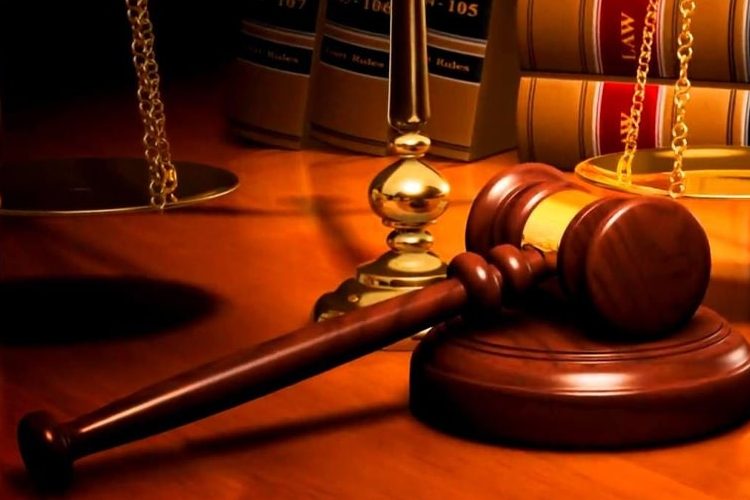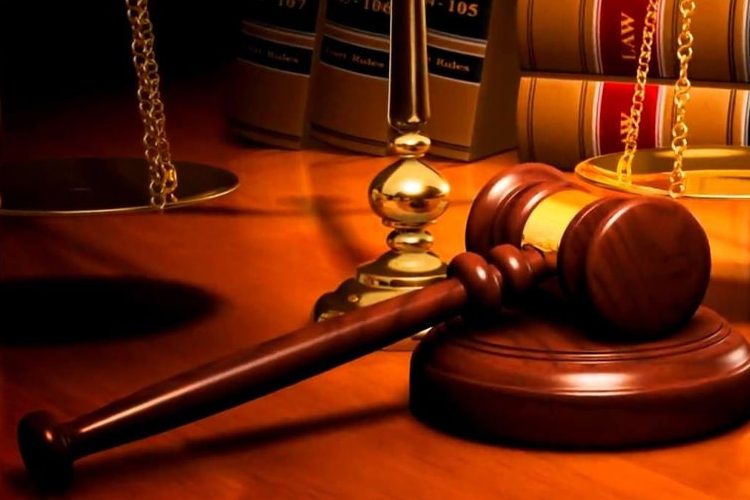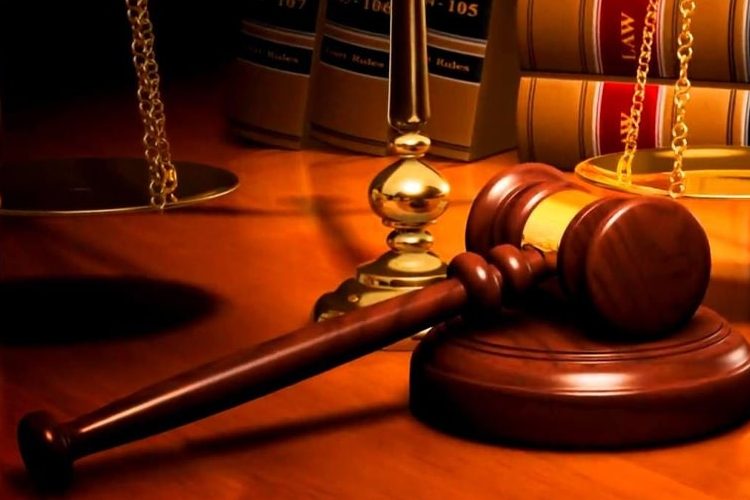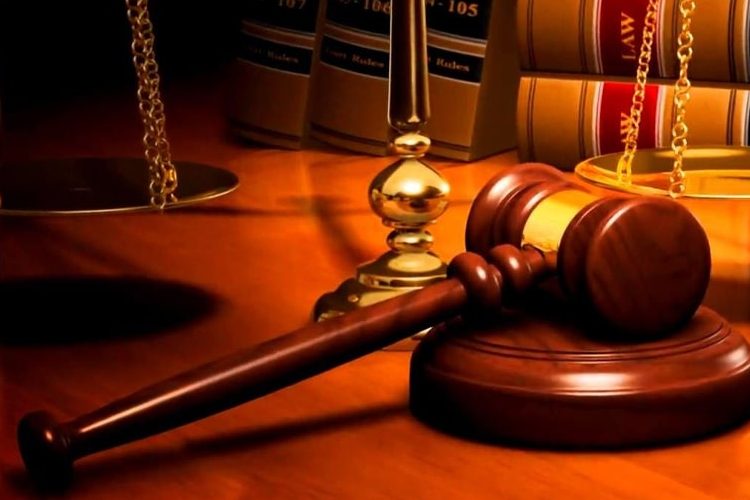
Vodafone International Holding v UOI
- 2022-02-16
Citation: (2016) 5 SCC 1
Court: Supreme Court of India
Facts of the case: The government, through 99th constitutional amendment, sought to replace the collegium system with the National Judicial Appointments Commission. It was envisaged as an independent commission to appoint and transfer judges of High Court and appoint judges of Supreme Court of India. Article 124A detailed the composition of the NJAC. It was composed of three senior judges (including CJI), two eminent outsiders and the Law Minister. Article 124C delegated the details of the selection process to parliamentary legislation, in pursuance of which the legislature framed the National Judicial Appointments Commission Act. Both the 99th Amendment and the Act were challenged before a Constitution Bench of the Supreme Court on the ground that it subverted the independence of judiciary and the basic structure of the constitution by depriving the judiciary the primacy it enjoyed in appointment of judges.
Issue:
Judgment: A five judge constitution bench of Supreme Court by a majority of 4:1 held the 99th amendment and NJAC Act to be violative of independence of judiciary. The majority judges relied on Constitutional Assembly debates and subsequent developments to conclude that the framers intended an independent judiciary free from executive interference. The majority also noted that the ruling in the Second Judges case was accurate and the interpretation of the term “consultation” to mean “concurrence” was correctly decided. The majority while giving individual opinions concluded that the judicial appointments are integral to judicial independence and forms a part of basic structure. Judicial primacy in appointments with executive participation was also held to be part of the basic structure. It was indicated by the court that the NJAC violates the basic structure by elimination of judicial primacy through its veto provisions. The collegium system that is in existence was found to be ideal as it maintains judicial primacy while allowing executive participation. The verdict also impinged on the principle of separation of power while reasoning its decision.
On the other hand, the opinion of Justice Chalemeshwar cut across the points put forward by the majority. After reviewing cases such as I. R. Coelho and Keshavananda Bharti, he held that there is no basis in law to contend that primacy to the judiciary was indeed part of the basic structure of the constitution. He also listed a number of cases to show that collegium has “failed” and the credibility of the appointments is an issue to be considered. He also stated that he didn’t find anything illegal in the provision prescribing the recommendation can be stalled by use of veto power.
With this verdict, the appointment shall continue through Collegium system. However, the judiciary has come under a lot of scrutiny due to its lack of transparency and accountability. After giving due considerations to the criticisms against the system, the judgment has promised to consider appropriate measures to improve the collegium system. Though the majority held the Act to be ultravires, the fundamental questions of law weren’t adequately reasoned. This factor, along with the fact that it was adjudged by a 5-judge bench has left the door open for questions regarding the matter and thereby, increased the possibility of judgment being overruled.


